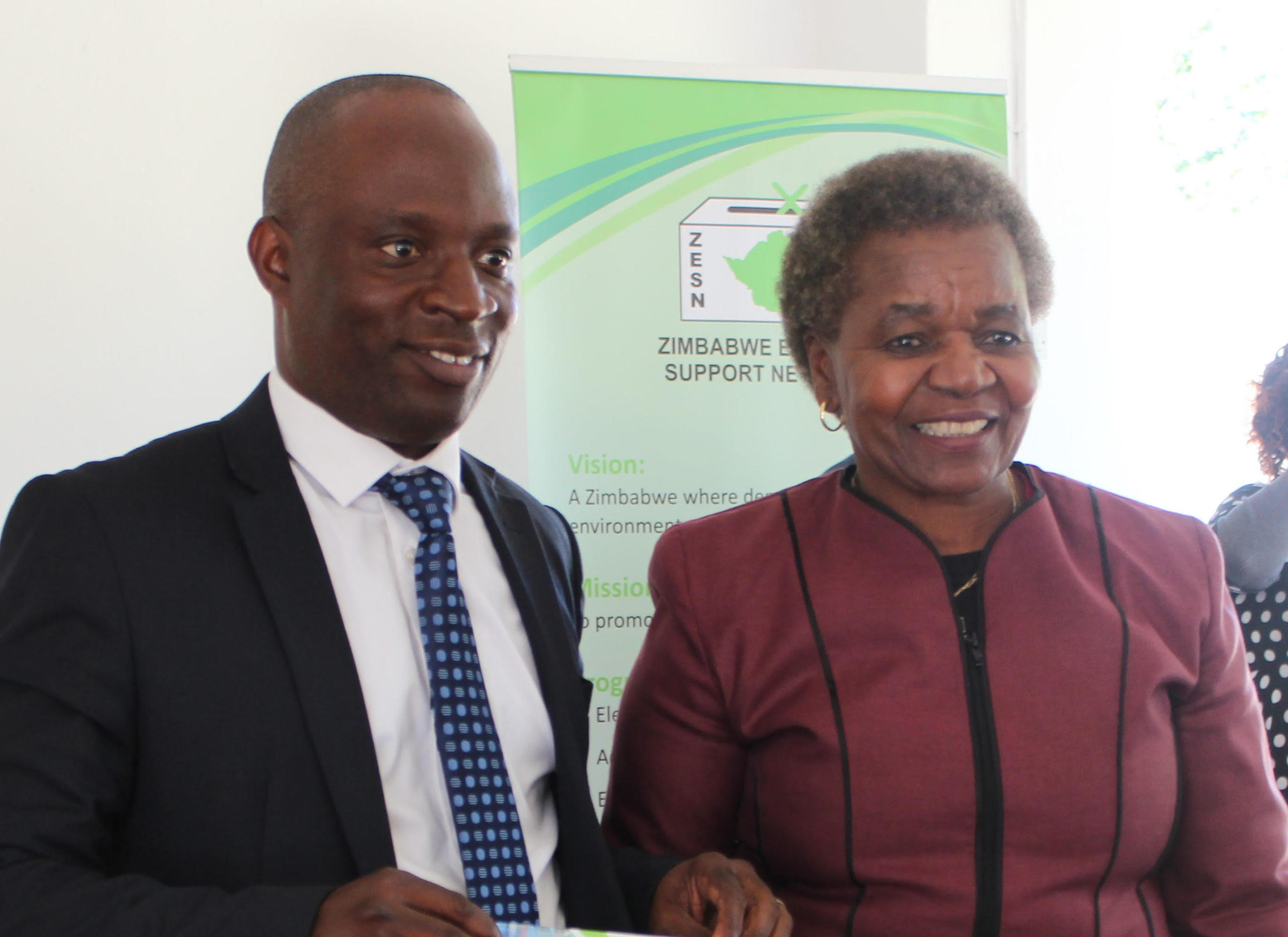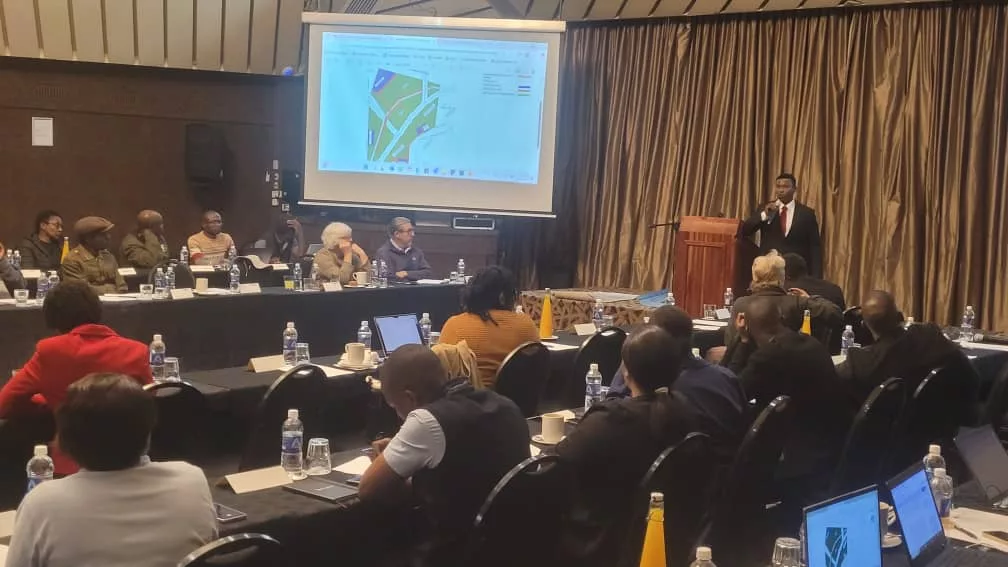The Zimbabwe Election Support Network (ZESN) reiterates its position that there is a need for the Zimbabwe Electoral Commission (ZEC) to widely engage with electoral stakeholders on electoral issues. The call comes against the backdrop of the recent gazette of 15 vacancies that arose in the National Assembly and the Senate.
The Network notes that the move to gazette the vacancies by ZEC paves way for the respective political parties to make the necessary replacements. This will ensure that constituencies do not remain without representatives in the Senate and National Assembly. The process of replacing these vacancies does not require by-elections since they are under the PR system.
However, the process of replacing the recalled members of parliament is coming at a time conflicting decisions have been handed down by different Judges of the High Court, in one case a High Court Judge granting a provisional order interdicting the replacement of some recalled proportional representation members of parliament, and in another similar matter a Judge of the High Court dismissing the urgent application. In both instances, we understand that the matters were taken on appeal. In our view, it would have been prudent to await the finalization of the appeals in the Supreme Court before initiating the replacement process.
ZESN has further noted that the PR seats vacancies are not the only vacancies in parliament. The other vacancies that arose in the National Assembly following the expulsion and or recalls of some Members of Parliament can only be filled by National Assembly by-elections as the previous incumbents won the seats through the First – Past – the – Post, that is, Single Member Plurality System.
ZESN takes cognizance of the reasons provided by ZEC for suspending electoral process that require face to face interactions. Nevertheless, ZESN recommends that ZEC should utilize virtual means of consulting with stakeholders such webinars. These enable conversations that can allow for the dispelling speculation and rumors surrounding electoral processes, which presents fertile ground for the peddling of misinformation by electoral stakeholders especially by some sections of the electoral contestants and their parties.
Sustained engagement with stakeholders even under the current lockdown, using social media and other virtual platforms will go a long way to cement trust in the work of ZEC. It will improve understanding by electoral stakeholders of how the electoral calendar has been and will likely be affected by the ongoing COVID-19 pandemic






